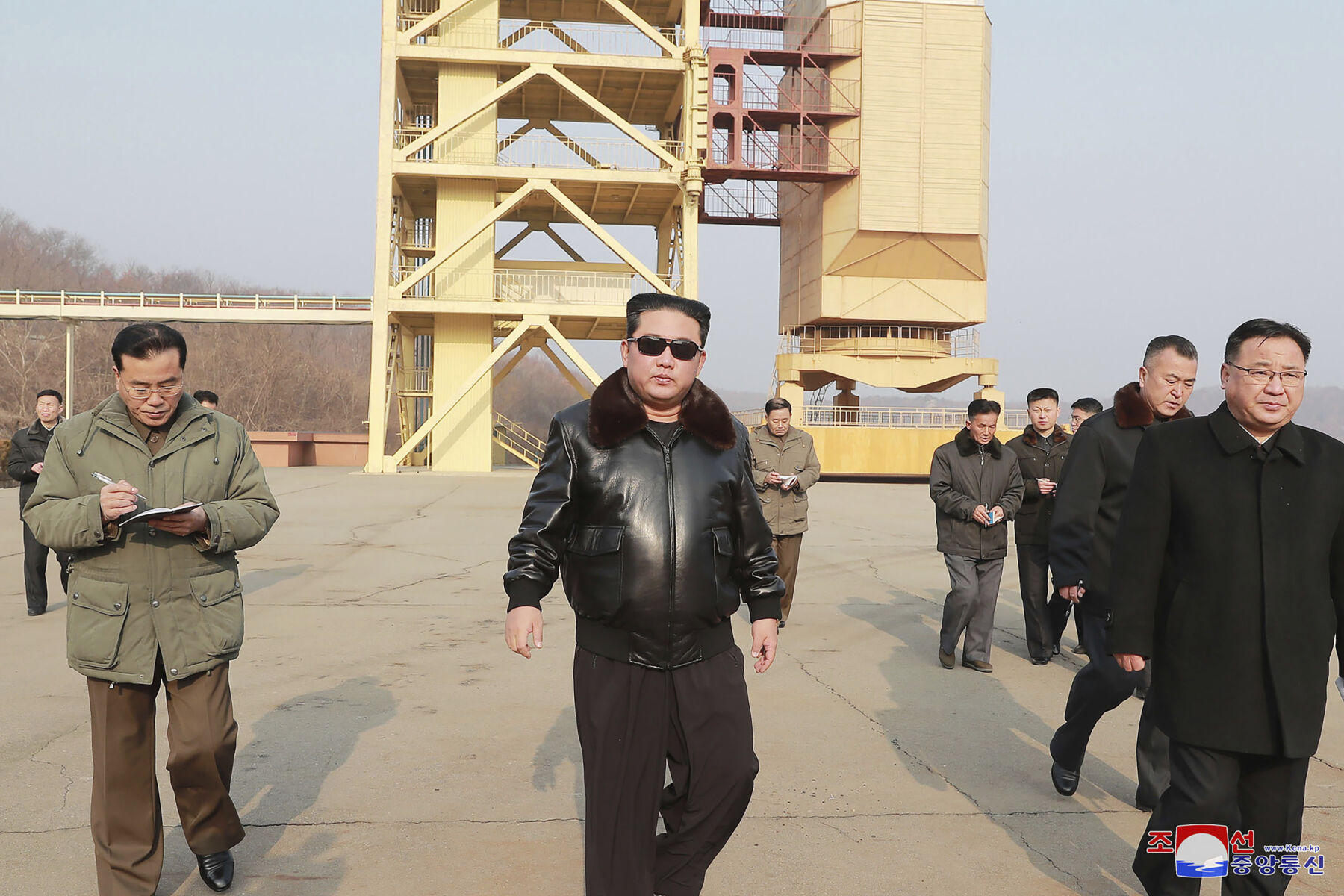North Korea to launch military satellite amid US-South Korea drills

North Korea is set to launch its first military reconnaissance satellite in June, aiming to monitor US military activities in real-time, according to state media KCNA. Ri Pyong Chol, vice-chairman of the Central Military Commission of the ruling Workers’ Party, criticised joint military exercises conducted by the United States and South Korea, describing them as displays of “reckless ambition for aggression.”
The US and South Korea have been engaging in various training exercises over recent months, including the largest joint live-fire exercises last week. These drills followed a period of scaled-back exercises due to COVID-19 restrictions and diplomatic efforts with North Korea. Ri emphasised the need for Pyongyang to possess “means capable of gathering information about the military acts of the enemy in real-time.”
Ri said in the statement…
“We will comprehensively consider the present and future threats and put into more thoroughgoing practice the activities for strengthening all-inclusive and practical war deterrents,”
North Korea has announced the completion of its first military spy satellite’s development, with leader Kim Jong Un approving the final preparations for the launch. Although the statement did not provide an exact launch date, North Korea has informed Japan of the planned launch between May 31 and June 11. This notification has prompted Japan to place its ballistic missile defences on alert.
A US State Department spokesperson stated that any North Korean launch using ballistic missile technology, including those aiming to put a satellite in orbit, would breach multiple UN resolutions. Japan has also declared its intent to shoot down any projectile posing a threat to its territory.
The satellite launch is the latest in a series of missile launches and weapons tests by North Korea, including a new solid-fuel intercontinental ballistic missile last month. Analysts believe the satellite will enhance North Korea’s surveillance capabilities, allowing for more accurate targeting in the event of war, reports Channel News Asia.
Latest Thailand News
Follow The Thaiger on Google News:


























